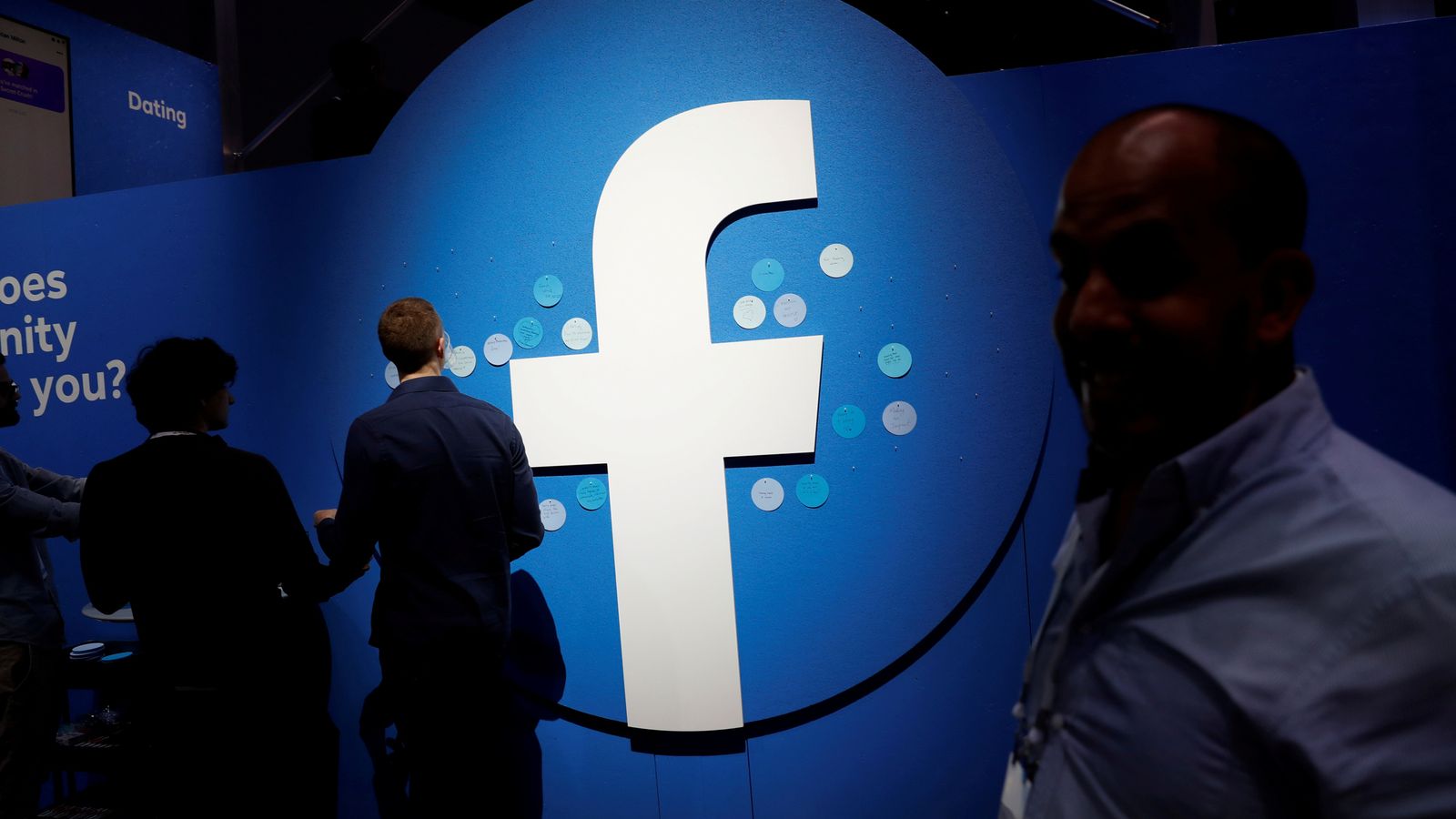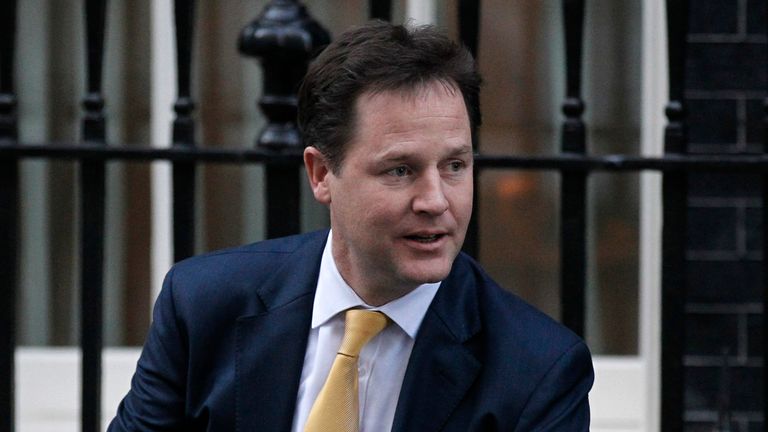Facebook has denied reports which claimed it “conducts research and then systematically and wilfully ignores it if the findings are inconvenient for the company”.
The former British deputy prime minister, Nick Clegg, who now heads Facebook’s global affairs team, criticised a series of articles by the Wall Street Journal last week.
The stories were based on internal documents that showed the company knew more about the negative impact of its products than it publicly claimed.
The Journal’s reportage included revelations that Facebook had itself studied the impact Instagram has on the well-being of teenage girls, quoting one presentation which stated: “We make body image issues worse for one in three teen girls.”
Facebook has not disputed the authenticity of the documents, however Nick Clegg claimed that the Journal’s articles contain “deliberate mischaracterisations of what we are trying to do, and conferred egregiously fake motives to Facebook’s leadership and employees”.
“These are serious and complex issues, and it is absolutely legitimate for us to be held to account for how we deal with them,” wrote Mr Clegg.
But he added: “At the heart of this series is an allegation that is just plain false: that Facebook conducts research and then systematically and wilfully ignores it if the findings are inconvenient for the company.
“This impugns the motives and hard work of thousands of researchers, policy experts and engineers at Facebook who strive to improve the quality of our products, and to understand their wider (positive and negative) impact.
“It’s a claim which could only be made by cherry-picking selective quotes from individual pieces of leaked material in a way that presents complex and nuanced issues as if there is only ever one right answer,” he added.
Among the Journal’s other claims is that Facebook has a registry of high-profile users, such as politicians and celebrities, who are exempt from community standards that other users must comply with.

